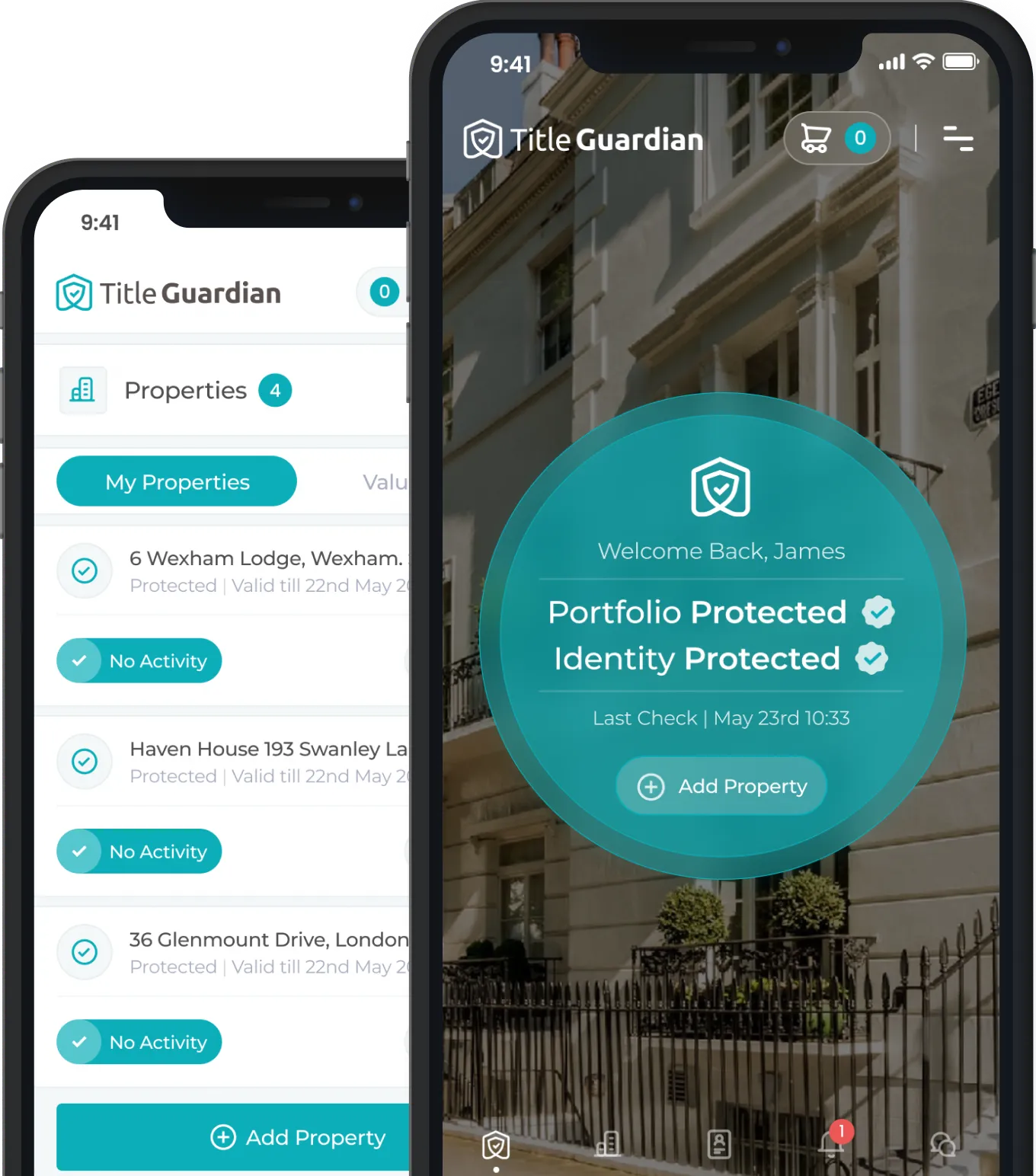AirBnB is another illegal subletting scandal that agitates the UK rental market in London, as reported by MailOnline.
A London landlady, Fiona Wyllie, rented out her two-bedroom flat to a tenant in 2019.
Little did she know that her tenant, far from actually living in the property, had started a rather lucrative business renting out the flat.
The rogue tenant listed the property on AirBnB - arguably the most popular online marketplace for short-term rentals - and started to profit behind Fiona's back.
The landlady was appalled to discover the truth.
Unauthorised subletting is an illegal practice but, unfortunately, also an easy one to carry out under the radar.
Spotting the fraud
Fiona Wyllie had purchased her flat on the Isle of Dogs in 2004 for £470,000.
However, in 2019, she took early retirement and relocated to Scotland to take care of her mother.
What to do with the house then? The only sensible solution: putting the flat on the rental market.
Fiona agreed a monthly rent of £2,200 for the property.
Shortly after that, Fiona managed to secure a tenant, and was finally able to settle into a stable routine.
However, the woman was completely unaware that her tenant was earning thousands of pounds by illegally subletting the property.
The full-time carer only realised the deception when her neighbour contacted her.
The frequent and numerous visitors to her flat had indeed raised a few eyebrows in the neighbourhood.
After hearing the news, Fiona decided to investigate on her own. She soon discovered her property listed on AirBnB with crazy rates and detailed images of the interior.
The shocking truth left Fiona speechless.
In fact, she revealed that she would have never questioned her tenant's behaviour, and that she had been completely unaware of his motives.
“I discovered he had advertised my flat on AirBnB, charging upwards of £280 per night. He even advertised it as a three-bedroom by converting the living dining area. He also offered it for the entire month of May for £7,500. He was earning more from the flat than I was!”
Realising the situation, Fiona managed to remove him and regain control of her property. But she had to fight hard to evict her cunning tenant.
After contacting her estate agent, Fiona served the tenant with an eviction notice, as the contract expressly prohibited subletting.
In the end, the court ruled in Fiona's favour, forcing the tenant to vacate the property.
The whole episode left Fiona in disbelief, overstressed and much more alert to potential scammers.
“I believe this man was a serial con artist, targeting properties where owners lived far away, knowing he could exploit the situation.”
The subletting plague
You would think that these kinds of disturbing episodes are quite rare.
Regrettably, they happen much more often than expected, especially within online marketplaces - as we discussed in detail in this article.
After reading about Fiona's case, a spokesman for the National Residential Landlords Association (NRLA) stated that her experience was far from unique.
“Research by Direct Line suggests that 13 percent of renters admit to subletting part of their home, with nearly half not informing their landlord.”
Landlords are often powerless against such breaches. While contractual agreements usually regulate subletting practices, it's challenging to notice when illegal subletting takes place.
However, illegal subletting carries risks that landlords cannot overlook.
The most tangible threat is certainly the voiding of the landlord insurance in case of illegal subletting.
Property owners may find themselves vulnerable to countless risks without even knowing their insurance safety nets have been disabled. A truly frightening scenario.
Overcrowding and safety concerns are also a huge part of the issue. When a property gets rented carelessly, the extra tenants might cause additional damage. Furthermore, excessive disturbances to the whole neighbourhood also become a plausible outcome.
Landlords can always resort to legal means to solve the situation and take back control of their property.
This process is often lengthy and can consume valuable time and energy that could otherwise be directed elsewhere.
Read this article if you want to learn more about illegal subletting and the options available to landlords. Unfortunately, this is not the only rental fraud we should be wary of. Fraudsters also target prospective tenants, as in this case, where a young student was left penniless by two fake estate agents.
As always, prevention is better than the cure: a constant and proactive vigilance of our properties seems to be the only way out for landlords and homeowners.











